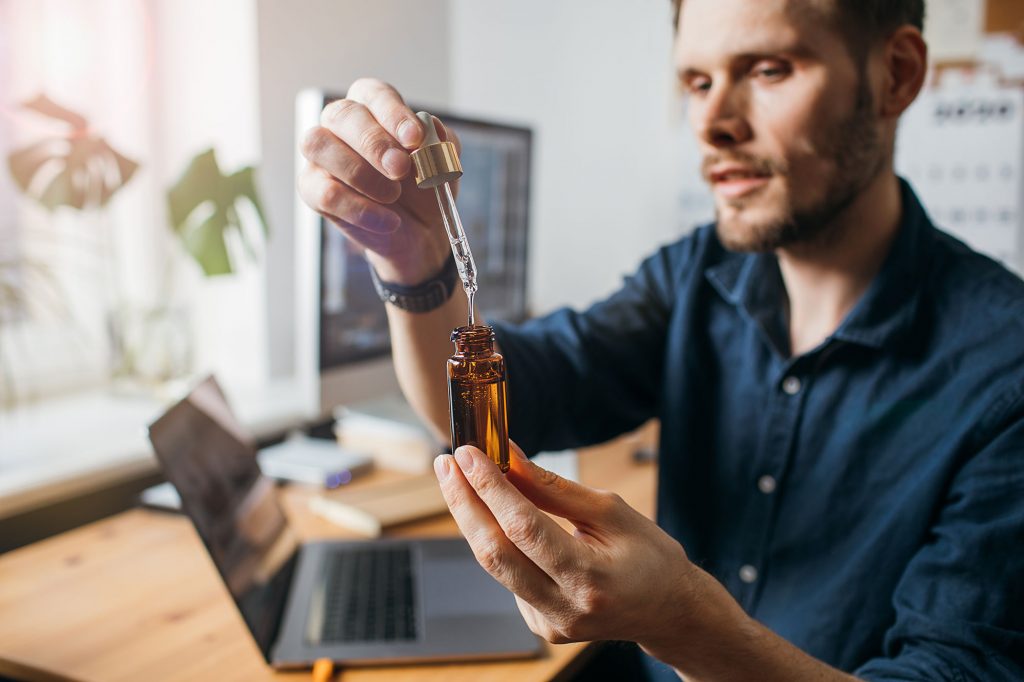While CBD or cannabidiol has received significant media attention over the past several years, there’s another compound that’s also found in the cannabis plant that many consumers may not know about: the cannabidiolic acid, otherwise known as CBDA. Before you ask, just because the two compounds are found in the cannabis plant that doesn’t mean they have the same properties. So, what’s the difference between CBD and the lesser-known, CBDA? Glad you asked.
CBDA is a compound that occurs in the cannabis plant, and similar to CBD, interacts with the body’s endocannabinoid system. CBDA is considered to be the acid form of regular CBD that many users have come to know and love. The relationship between CBD and CBDA is quite similar to that of THC and THCA. Since the cannabis plant produces CBDA, which is then decarboxylated with heat, it can be said that CBDA is the raw form of CBD that’s used in many products today.
Since CBDA is the acidic or raw form of CBD that’s produced by the cannabis and hemp plants, many ask the question of whether CBDA is better or more effective than standard CBD, the compound that was recently deregulated in the US by the Food And Drug Administration (FDA). If “better” is judged solely on the basis of a higher potency, then the short answer is, yes, CBDA is better as compared to CBD. There have been many scientific studies that have found CBDA to be far more potent as compared to common-use CBD.
But, it should be noted that the high potency of CBDA doesn’t necessarily mean that it can be beneficial for people. In fact, there are very few clinical studies that have been carried out on the effectiveness of CBDA. Since there simply aren’t many studies focusing on CBDA, one can’t—and shouldn’t—jump to any conclusions whatsoever.
While more scientific studies need to be carried out on CBDA, many CBD oils, tinctures, and other products may also currently contain CBDA which happens mainly when the CBD is in raw or unheated form. In short, it’s possible that many CBD-infused products that are available in the market today may contain trace amounts of CBDA, especially if the manufacturer didn’t heat the cannabis plant prior to processing.
Possible uses of CBDA may be in oils and tinctures and skincare creams and lotions. CBDA cannot be used for smoking or in cooked items since heating would automatically transform it into CBD.

